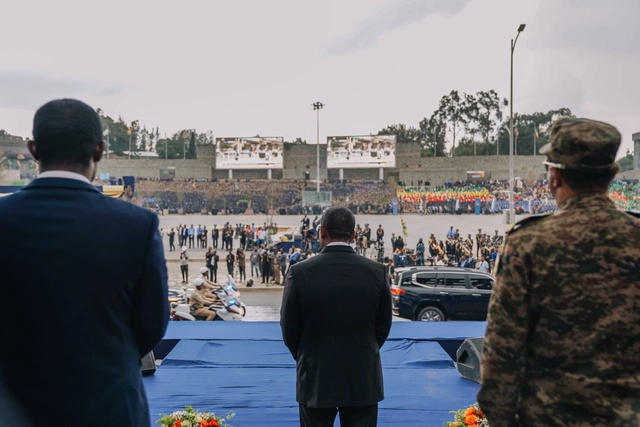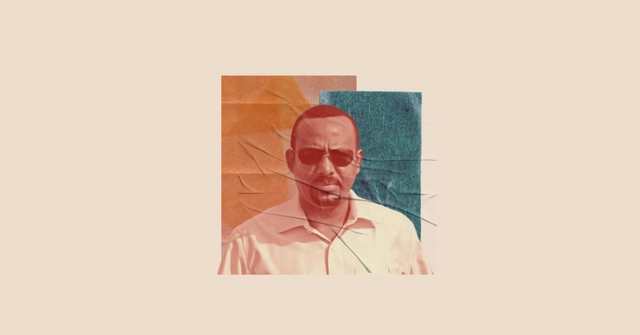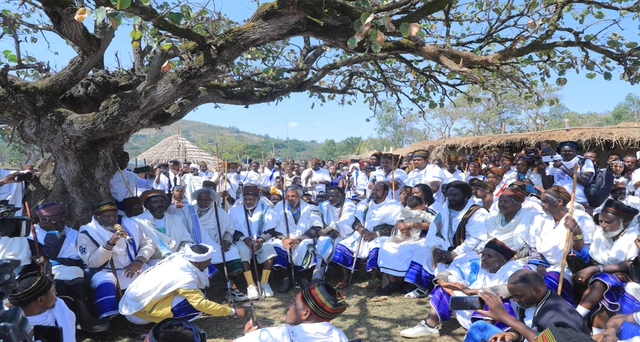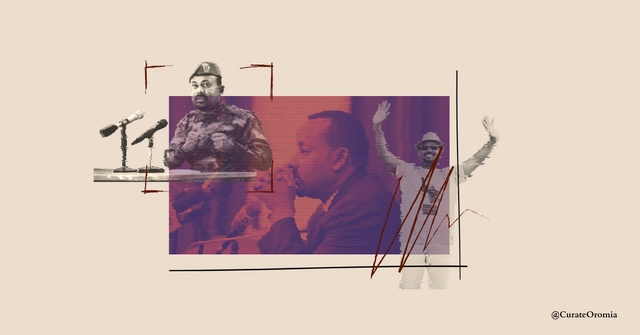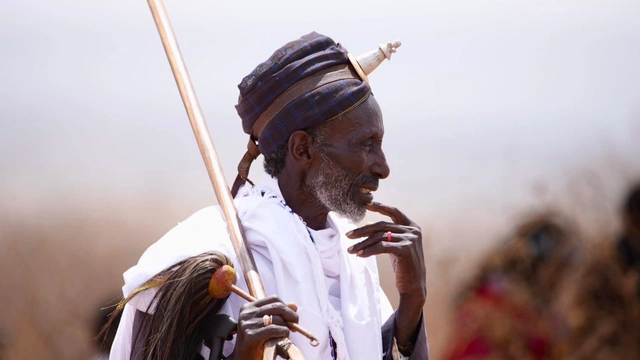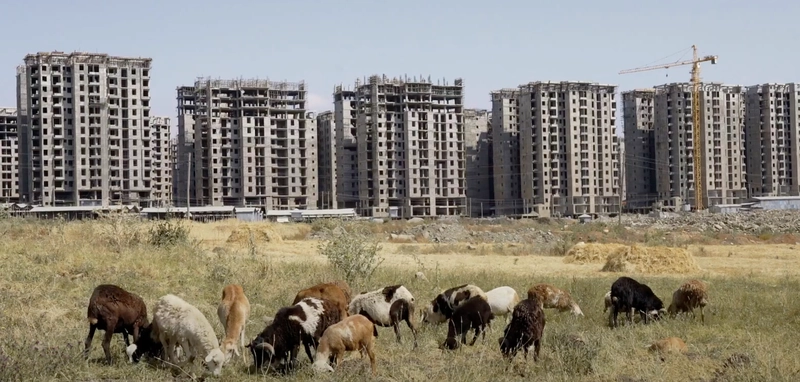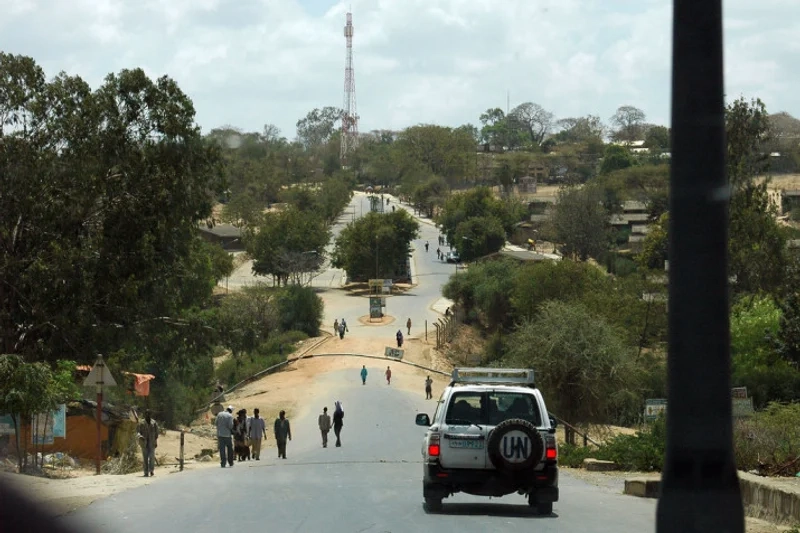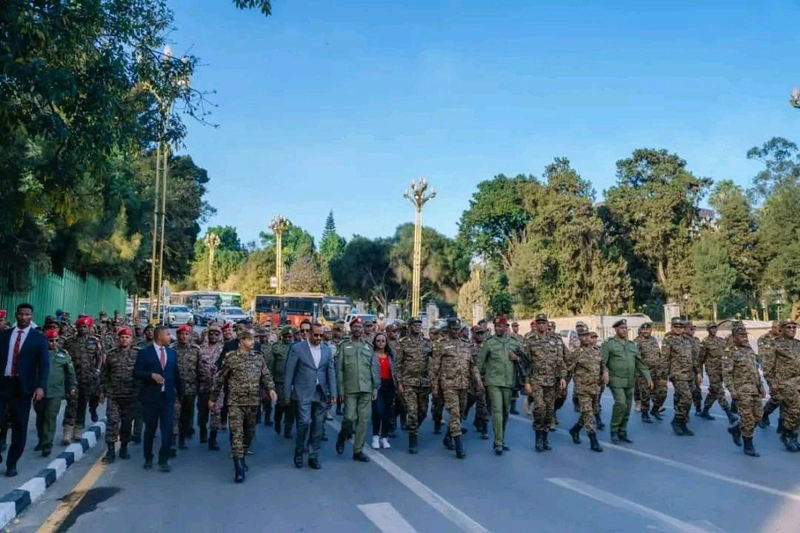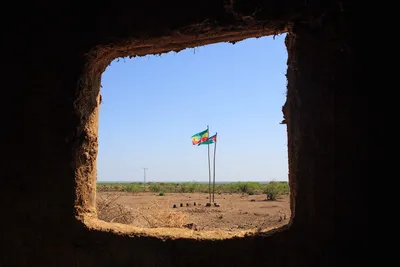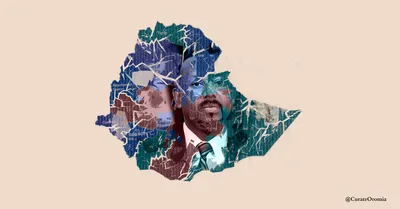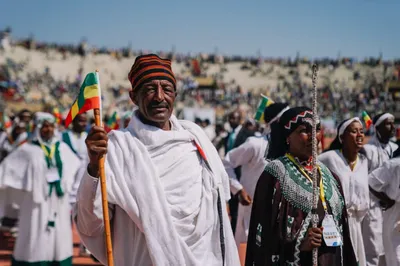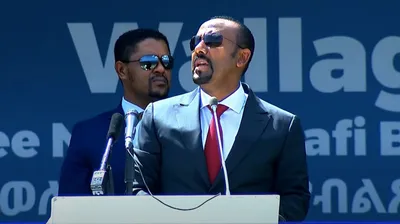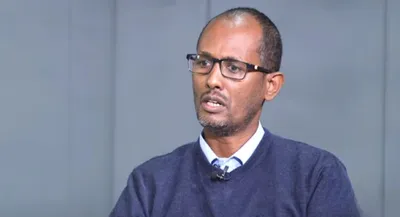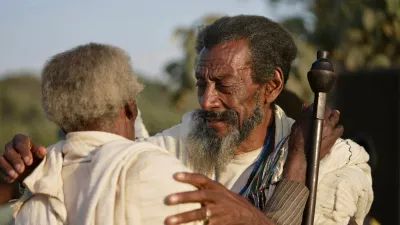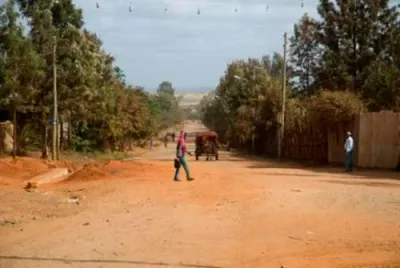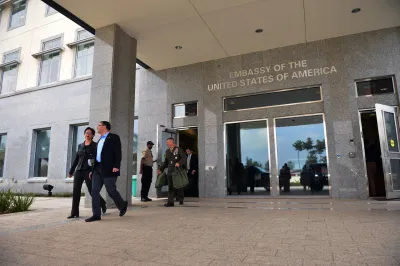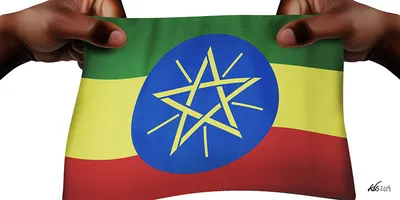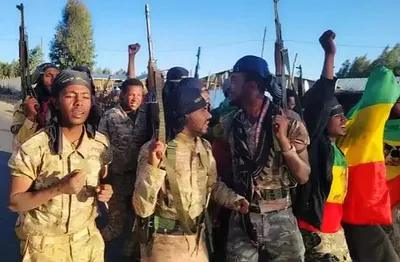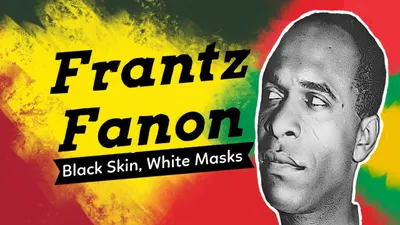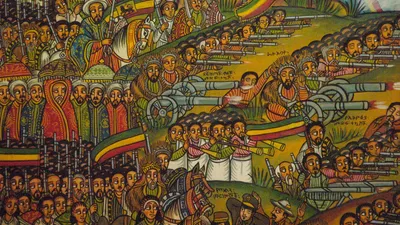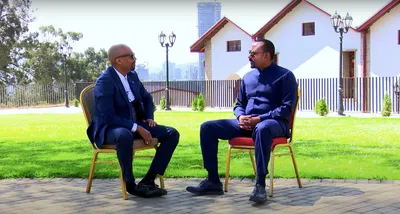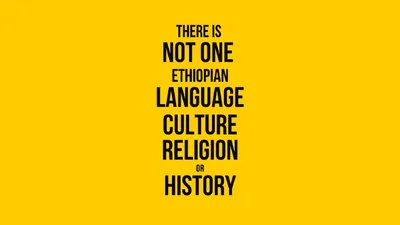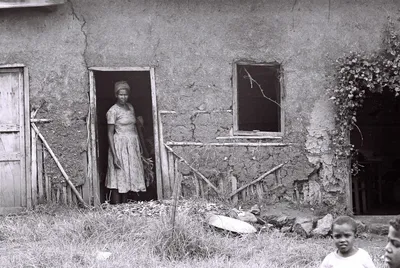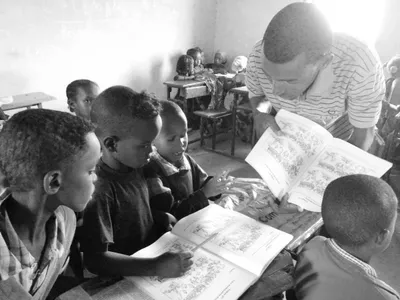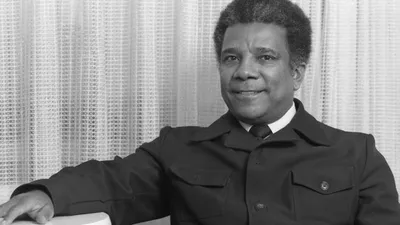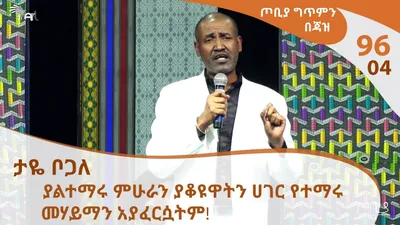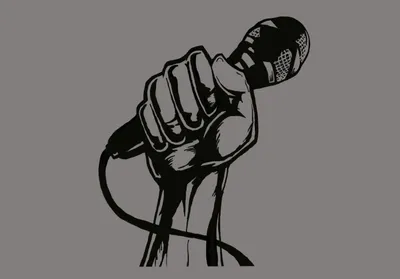Analysis
The political crises in Ethiopia are rooted in competing visions of state, identity, and citizenship.
Under Prime Minister Abiy Ahmed of Ethiopia, the distinction between war and politics has blurred.
Guji Land is believed to be located between 43°N and 41°N latitudes and 40°38’E and 60°38’E longitudes, administered in two Guji Zones, East and West.
Ethiopia’s Prime Minister Abiy Ahmed appears intrinsically incapable of backing down from retribution and is rarely satisfied with punishments that fall short of eliminating his critics or those he perceives as potential threats to his power.
A PhD student specializing in indigenous governance systems reflects on the 72nd Borana Oromo Gadaa power transfer ceremony that took place in early March in Oromia, Ethiopia’s largest state.
While presented as a progressive urban development initiative, Shaggar City represents a modern reiteration of the historical dynamics of exploitation, centralization, and political control.
A joint Kenya-Ethiopia security operation has resurfaced past traumas for Kenya’s Oromo community, recalling memories of the 1967 Dhaaba Massacre.
“It’s no longer plausible to expect Ethiopia’s future to be determined by elections or political reforms under Abiy Ahmed’s rule,” Muhammed H. and Idris, professors at Addis Ababa University (AAU), argue.
Get the latest from Curate Oromia straight to your inbox

